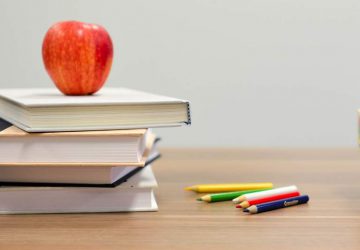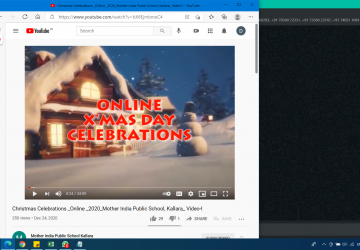FOCUS AREAS
- Academic, social, ethical, and character development
- Critical and creative thinking
- Conflict resolution and decision making
- Interpersonal relationships
- Practical life skills
- Self-esteem
- Writing and language arts
- Citizenship and personal fitness
CBSE Initiatives and Transformation in Teaching Learning:
CBSE is an international Indian board taking lot of initiatives for excelling education in India and abroad. In education we
face many challenges after the pandemic in terms of availability of resources, quality of the teaching-learning process, teacher training, and technological competency. With the introduction of NEP 2020 CBSE has further strengthened its performance for equity and excellence in education. NEP is aiming at competency and universalization of education for children to face future challenges. We know that, in the last PISA tie test (The Programme for International Student Assessment -PISA) India represented in CBSE Initiatives and Transformation in Teaching Learning: 2009, came in the last but one position. So, we understand that a transformation (a change) in education in the way we transact curriculum is the need of the hour while India trying to participate again in the 2022 international PISA cycle (Chandigarh will
represent India).
Developing aptitudes and skill sets in children and enabling the competency to apply the knowledge and skill sets in real
life situation will bring education to a different level. For that we need a total change in the pedagogical practices, the curriculum transacted, the assessment system, teacher empowerment, enabling an environment for all changes.
CBSE is intending to bring schools slowly to a level wherein External Assessment and Grading of schools will happen
through implementation of School Quality Assessment and Accreditation system. So, the need of the hour is to improve the competency/ability of the teacher to connect concepts with real life situation is of prime importance
in order to gradually lead the learner to new heights of understanding. This is possible only
through experiential learning to make learning joyful by art integration and sport integration. This is the CBSE road map for the future for which teachers should be trained to adapt to changes. Use appropriate tools for assessing
the learning outcomes for competency in education, is also of prior importance for teachers.
The pattern of questions have been slowly changing by CBSE accordingly to incorporate competency based and case based high order thinking questions to test the knowledge and skill set of the child to connect concepts to
real life situation.
Introduction of the 360 degree assessment system indicates the role of every stake holder in bringing competency in education for a child. The assessment tool is for evaluating the level of excellence which is not criticizing but empowering, a tool for assessment of learning and assessment for learning to make appropriate changes during teaching learning process. This is the reason for introducing key stage assessments introduced in NEP to catch the learner’s empowerment level at class 3, 5 and 8, not for pass or fail, but to assess the aptitude and skill set. A technological platform will be provided to deliver this assessment and appropriate intervention is made possible by parent or teacher at these stages.
Intervention at Class 10 and 12 will not give any scope for further improvement/ empowerment, it gives only the level of learning and child goes out of schooling. Connecting the learner’s aptitudes and skill sets with life and learning for life is the idea behind empowering children for life








Recent Comments